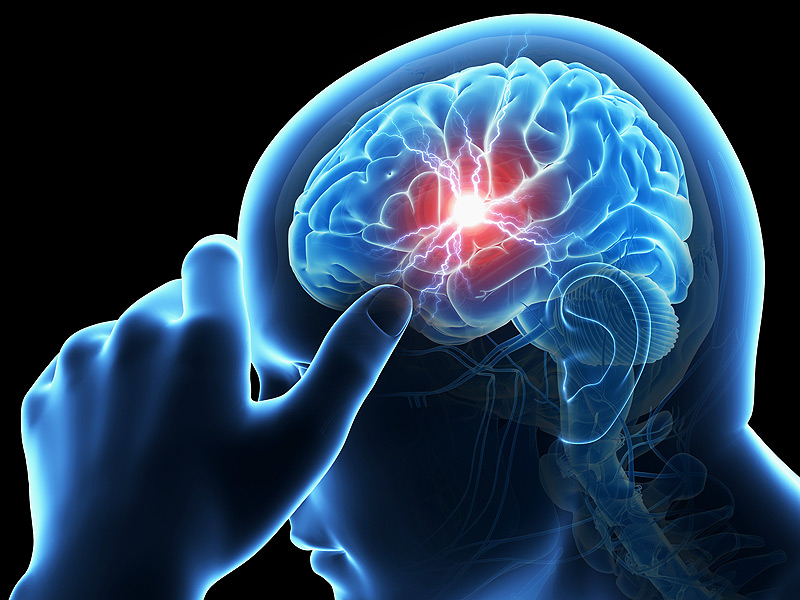SHARES

Fear strikes our heart when we hear of a stroke. In a Stroke acting F.A.S.T. matters, in fact it is critical.
A stroke occurs when the blood vessel is either blocked by a clot or burst. As a result, the brain around the affected blood vessel cannot receive blood supply. The brain cells begin to starve from oxygen and nutrients, and die subsequently. Remember, recognise it’s a stroke, acting F.A.S.T. matters!
As different parts of the brain govern specific functions of the body, the aftermath of stroke is dependent on the site of the brain affected. For example, if the right side of the brain is affected, the left side of the body will be in paralysis, and vice versa.
Timely detection of stroke, acting FAST matters to ensure that appropriate help and treatment can be provided as soon as possible. Hence, it is important to be able to recognise the common signs of stroke.
Warning Signs of Stroke

The acronym, F.A.S.T., had been used for easy recognition of stroke:
F – Face
Ask the person to smile.
- Does the smile appear uneven or lopsided?
- Does one side of the face droop or is it numb?
A – Arm
Ask the person to raise both arms.
- Does one arm drift downward?
- Does one arm appear weak or numb?
S – Speech
Ask the person to repeat a simple sentence, like “I love apples,”
- Does the speech appear slurred or strange?
- Is the person able to correctly repeat the words?
- Is the person unable to speak or hard to understand?
T – Time
If any of the symptoms were observed, contact for emergency help immediately at 999 or 991. Note down the time when the symptoms first appeared. Even if the symptoms disappeared after that, a checkup would still be required.
Other sudden signs that could also appear with F.A.S.T. include:
- Visual disturbance in one or both eyes.
- Trouble walking, dizziness, loss of balance or coordination.
- Severe headache with no known cause.
Bottom Line
Stroke can be prevented when the risks are being managed and treated as soon as possible. Some stroke risk includes heart diseases, diabetes, smoking and obesity. If you or your loved one would like to consult a doctor for stroke risk, make an appointment with GetDoc today.
References
by Joanne Lee
Multipotentialite. Loves creating and seeing ideas come alive. View all articles by Joanne Lee.





